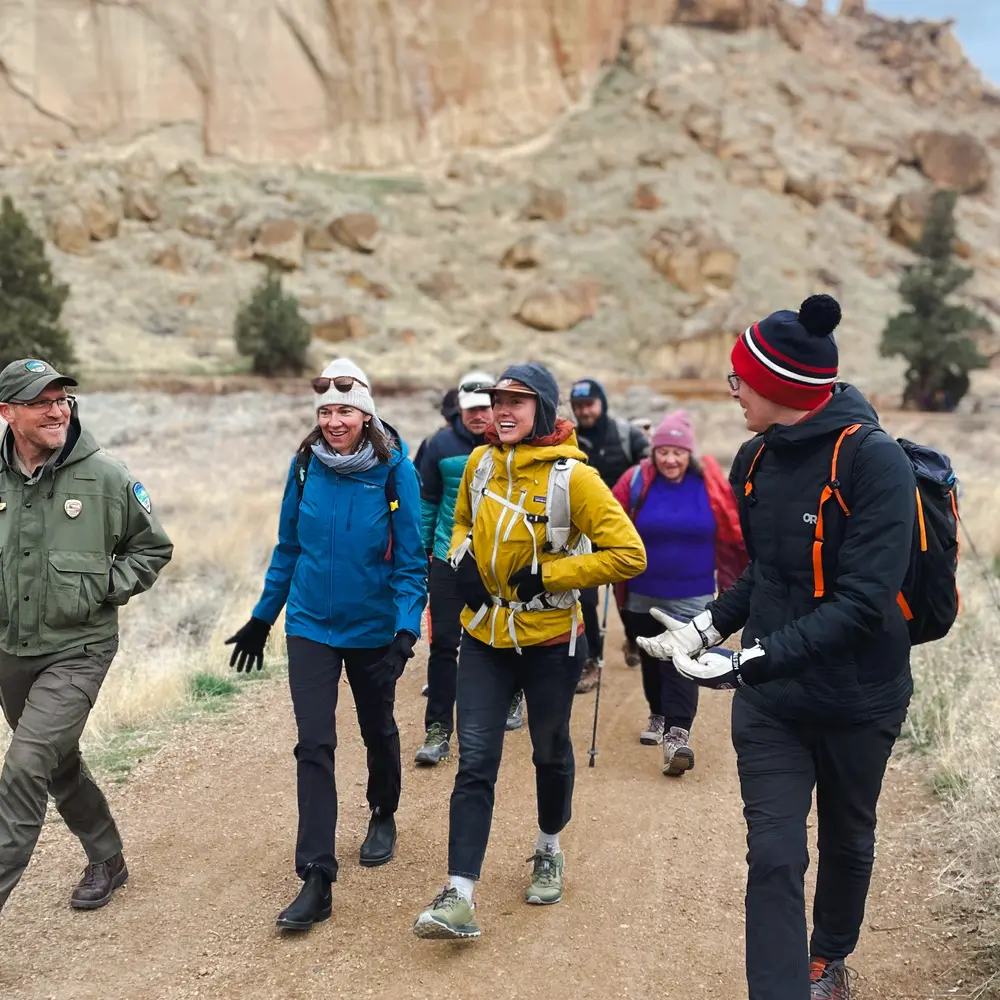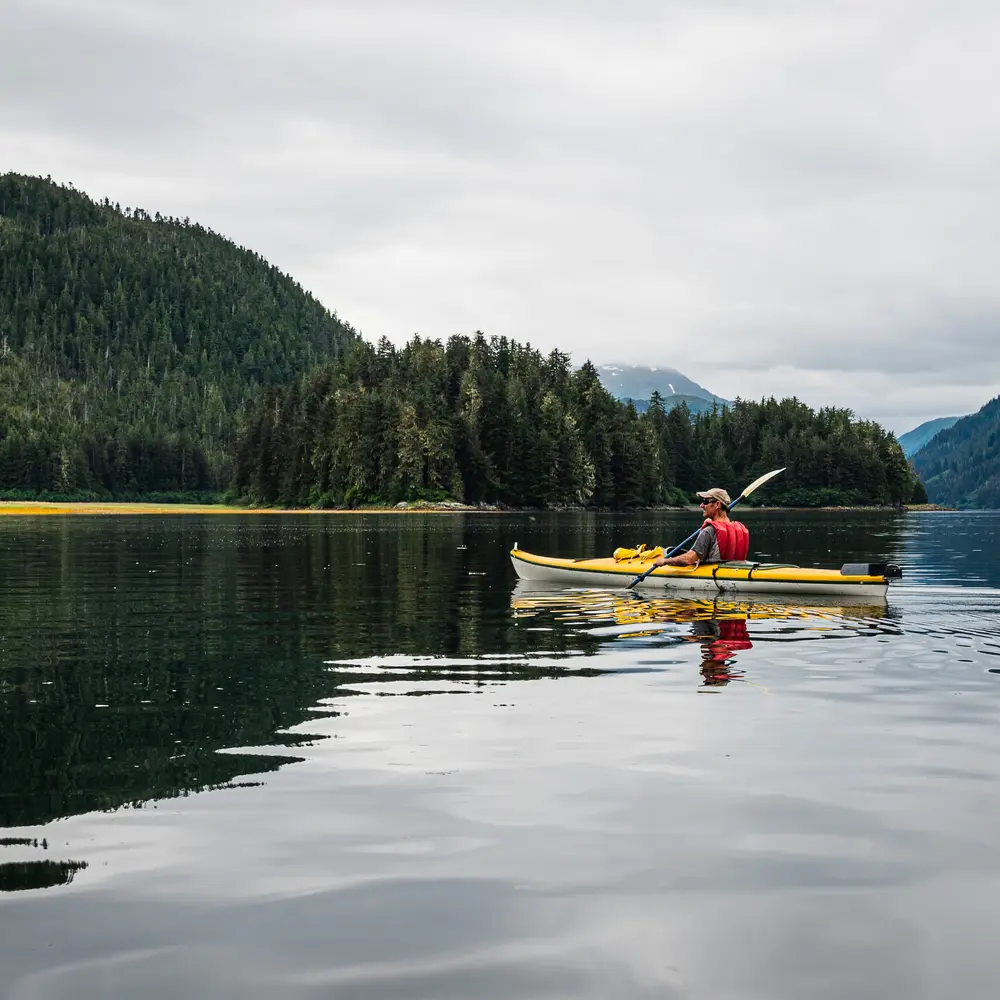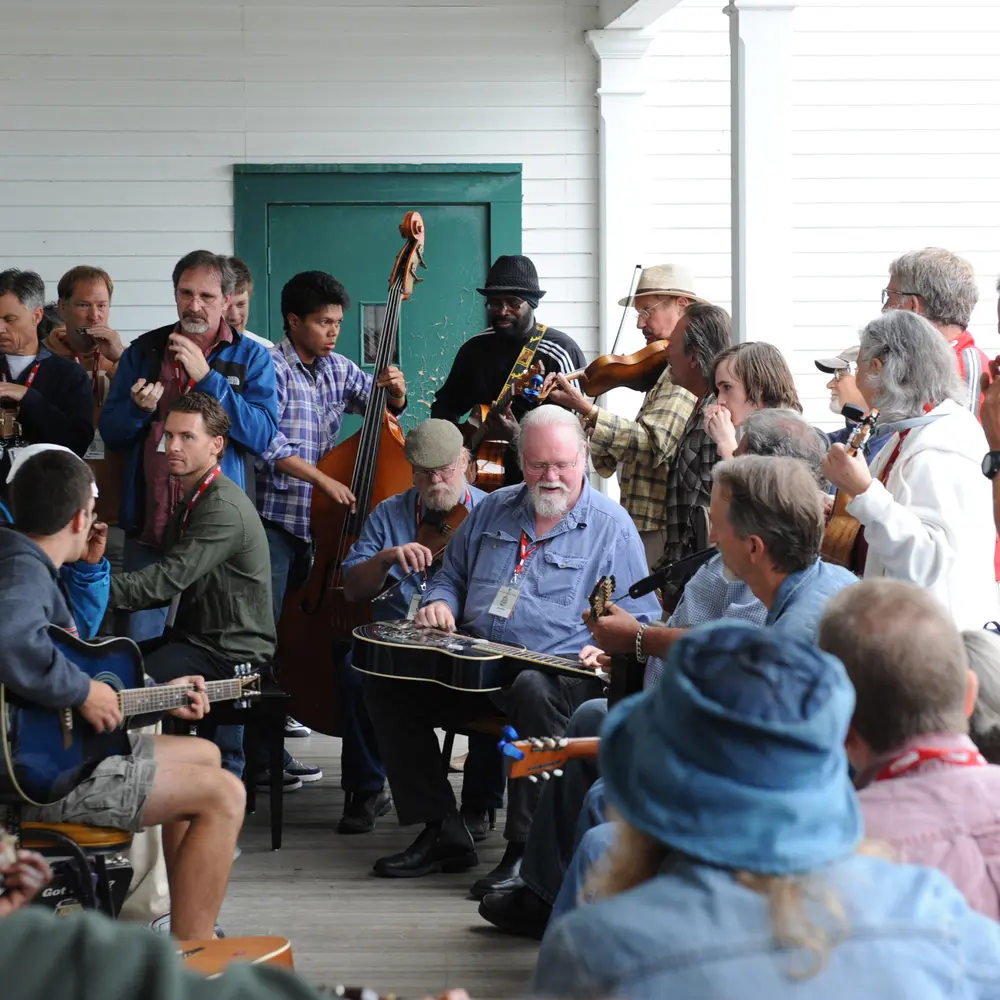In June, we were pleased to sit down with Rudy Carrasco, Senior Director of Civic Engagement & Community Services at the Murdock Trust, for a conversation about this area of the Trust’s work. This was one of seven sessions for our virtual Founder’s Day celebration where we got to hear about the Trust’s work across our region, learn more about recent organizational shifts, and hear from leadership.
Because we were not able to address all audience questions live, we also wanted to follow up and respond to those we missed in the Q&A section below.
Q&As
These were questions registrants submitted before the session, or that attendees submitted during the session, that we didn’t have time to answer live. We appreciate your curiosity and were pleased to follow up with Rudy to answer some of these questions.
Where does the Murdock Trust see the advantages of marketplace (business) solutions for addressing community development challenges and do they seek to promote non-profit organizations pursuing economic development through fostering entrepreneurial (for profit) initiatives?
Jack Murdock was an entrepreneur himself and knew firsthand that marketplace solutions are a critical part of the ecosystem that addresses community development challenges. It is vital for everyone to have options to build their own economic security. So yes, the Trust is interested in, and has supported in the past, nonprofits pursuing economic development for the sake of the common good.
One success story that I tell people about all the time is MoFi, a nonprofit CDFI in Montana that reached out for support purchasing a new technology system. Long story short, this new system enabled MoFi to triple their lending capacity and decrease their processing time from months to days. This has been transformative for local entrepreneurs, helping them avoid predatory lenders and giving them opportunities to build their own economic security. Projects like this (read of others we have supported here), in which nonprofits support the economic development of their local communities, are of great interest to the Trust.
Will there be opportunities for connection and collaboration with organizations who are part of the CECS sector that have received grants from Murdock?
Other than this year’s virtual event, most Founder’s Days are a chance for grant recipients to gather and meet one another. As we live into our sectoral model in the coming years, we do hope to have additional gatherings specific to each area of work, so those in civic engagement and community services can convene and collaborate. The best way to stay connected now is through subscribing to our newsletter, which will tell you when future opportunities like this become available.
The Community Services sector is very broad, and what works for a food bank might not work for an organization welcoming refugees or a nonprofit addressing the housing crisis. But what are some commonalities that you have seen work well across nonprofits in this sector? Any common threads or “green flags” you pay attention to when getting to know an organization through their application?
You’re absolutely right, and it isn’t just that each type of organization is different, but each community is different. One thing we have begun to prioritize in our evaluation of all grant applications – a “green flag,” as you say – is proof of success in a local context. We sometimes receive proposals from national nonprofits that have worked well in other parts of the country but don’t yet have a proven success record in the Pacific Northwest. We find that more successful projects tend to be those that have already been implemented here with a few years to learn regional nuances and establish local connections. What works in the Midwest might not always work in the Pacific Northwest, and in stewarding Jack’s resources our priority is investment in projects that will yield the greatest common good benefit in our region. Don’t just show us that this program works, show us that it works here, and you’re setting your grant proposal up for greater success.
I understand your support for bridging divides and supporting civic engagement, but what kinds of projects specifically do you support in this area from an apolitical stance?
This is a good question, because we do not advocate for any political agenda. The Murdock Trust, as you say, is apolitical. However, we do believe that communities are best served when all voices can be heard, so we support projects that increase our capabilities as a society to engage everyone well in the democratic process. Practically, that looks like support for projects that teach respectful and informed civic engagement practices – for example, those inviting students into the civic engagement process from a young age. It looks like nonprofits creating spaces in local communities to have hard conversations. It looks like educational nonprofits informing people about their rights. All of this work ties back to Jack Murdock’s passion for the constitution and its bedrock principles, his love of this country, and his desire to see it be the best it can be, which takes all of us to achieve.
Learn more about the Trust’s work supporting Civic Engagement & Community Services on this webpage or in this vision blog.
Watch the full recording and find the topics that interest you most using the timestamps below.
The Conversation
00:52: Why the Trust invests in civic engagement & community services
03:34: The Trust’s investment in civic engagement
05:16: Unconventional coalitions and finding common ground
06:23: Foundational importance of community services
08:31: Importance of context and listening
11:12: What we’re hoping to learn in these sectors
15:31: The Trust’s support of faith-based nonprofits
20:44: Shifting priorities in organizations
22:28: Skills, expertise, & values needed in future leaders
24:44: Closing thoughts






